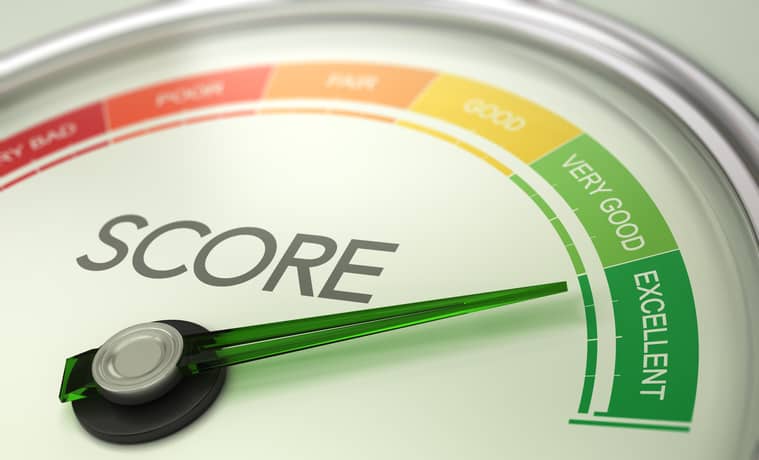Credit cards can be a useful financial tool if used correctly. However, if you get it wrong, credit cards can end up being a very costly mistake which could lead to years of financial difficulties.
To start you on the right track or simply to remind you of what you may already know, here are the five most common mistakes to avoid when using a credit card.
1. Missing a payment
This one is a biggy. Missing a credit card payment not only means that you will be charged a fee by the credit provider, but you will also then damage your credit report. Every missed payment is flagged and leaves a mark on your credit record, which can lead to difficulties obtaining credit in the future. Missed payments can also lead to any introductory offers you have on the card being withdrawn.
2. Exceeding your credit limit
The ramifications of going over your credit limit are similar to those of missing a payment. You will be charged a fee by your provider and could lose any introductory offers you might have. There is also a chance that your provider will then reduce your credit limit as a result and your credit score will be impacted because a black mark will end up on your report.
In order to maintain a good credit score, it is advisable to actually use only 30% of your available credit. This is because when credit rating agencies conduct a credit check, they are looking at your credit utilisation. If you are using between 50% and 70% of your available credit, then you will have an ‘amber flag’ on your report; if you are using above 75% of your total credit limit, you will be given a ‘red flag’.
3. Making only the minimum payment
Now, you may be thinking, ‘I haven’t missed a payment, so why is only making the minimum payment a big deal?’ Only making your minimum payment is an issue because the remaining balance on your card will incur interest, and due to compounded interest, this means that the amount you owe could spiral quite quickly.
The one occasion when making only the minimum monthly payment works is if you have a 0% introductory offer in place, which means that what balance is left will not be charged interest (although you will need to pay the balance off in full before the end of the introductory period in order to avoid interest charges). Otherwise, always look to pay your balance in full and on time each month.
4. Forgetting the end of your introductory period
Having a card with an interest-free introductory period on purchases or balance transfers, or both, can be a clever way of using a credit card. It means that you can avoid incurring interest on your balance during the introductory period. However, when an introductory period ends, the card’s rate will return to its usual APR. If you are not aware of when your introductory period ends and you still have a balance on your card, you could find yourself facing higher interest payments.
5. Making cash withdrawals
It is far more costly to withdraw cash using a credit card than a debit card. Typically this is because credit cards have a higher rate for cash advances than they do for purchases. Also, some charge a fee for cash withdrawals, which can be around 3% (or a minimum of £3). If that wasn’t bad enough, then any cash withdrawals are also charged interest daily; if you do not pay it off immediately, you are looking at high interest payments. It is best to avoid making any sort of cash withdrawal with your credit card if possible.







